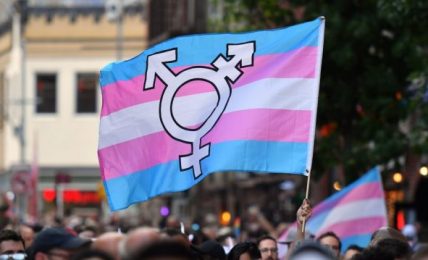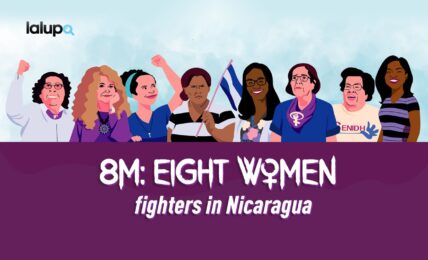Migrant women living in poverty: a profile of precarious labour in Spain.
Sexism and classism in the labour laws on domestic and care work in Spain, added to the racist restrictions of the immigration system, are prejudicial to migrant women’s wellbeing and rights. They are exposed to multiple forms of exploitation as they struggle for a dignified quality of life.




